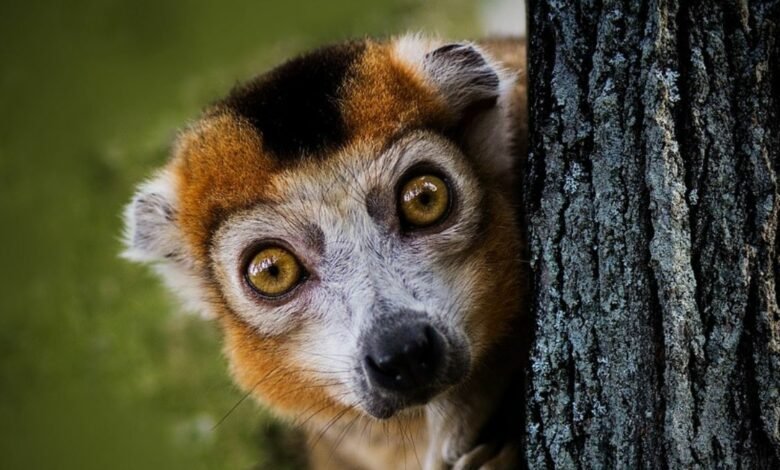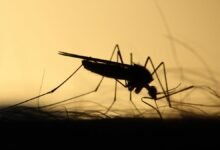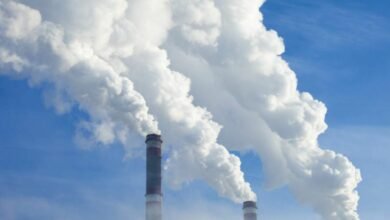Climate change impact on Madagascar needs to be seen as a serious warning

A study on Madagascar investigated how future climate change is likely to affect the country’s key forest habitat types.
Is climate change reversible? Studies on human-induced climate change, the largest, most pervasive threat to the natural environment and societies the world has ever experienced, warn that we are on the verge of a point of no return.
The Earth’s atmosphere acts to certain extend as a natural greenhouse. Certain gases in the atmosphere known as greenhouse gases let sunlight through, but trap heat. When this occurs naturally, global temperatures are kept in a range that supports life on the planet.
Humans create an excess of greenhouse gas which causes too much heat to be kept inside Earth’s atmosphere. This excess greenhouse gas is causing major changes to the natural rhythms of the climate like melting ice in the Arctic, rising sea levels across the world, and more,
Extremely important biodiversity hotspot
Climate change is considered as the second most important driver of global biodiversity loss after human-induced habitat destruction. A recent study, by Marc Holderied, Professor in Sensory Biology, University of Bristol and Daniel Hending, Postdoctoral Research Assistant Animal Vibration Lab, University of Oxford, published by The Conversation, on Madagascar, an extremely important biodiversity hotspot, investigated how future climate change is likely to affect the country’s key forest habitat types. Madagascar is an island country in the Indian Ocean, approximately 250 miles off the coast of East Africa across the Mozambique Channel.
The four forest types of Madagascar were included in the study – the dry deciduous forests of the west, humid evergreen forests of the east, spiny bush forests of the arid south, and the transitional forests of the north-west corner of the island.
4 forest types of Madagascar included in study
The results of the study suggest that unmitigated climate change will reduce Madagascar’s forests. The area of land covered by humid forest, the most extensive of the four forest types, is predicted to decrease by about 5.66%.
Dry forest and spiny bush are also predicted to decline in response to unmitigated climate change. Transitional forest may actually increase by as much as 5.24%, but this gain will almost certainly come at the expense of other forest types.
The researchers expected that mitigating climate change would result in net forest gain, but the results suggest entirely the opposite. Forest occurrence will decrease by up to 5.84%, even with efforts to mitigate climate change. This is because global temperatures are forecast to increase under both mitigated and unmitigated scenarios, because the damage has already been done.







